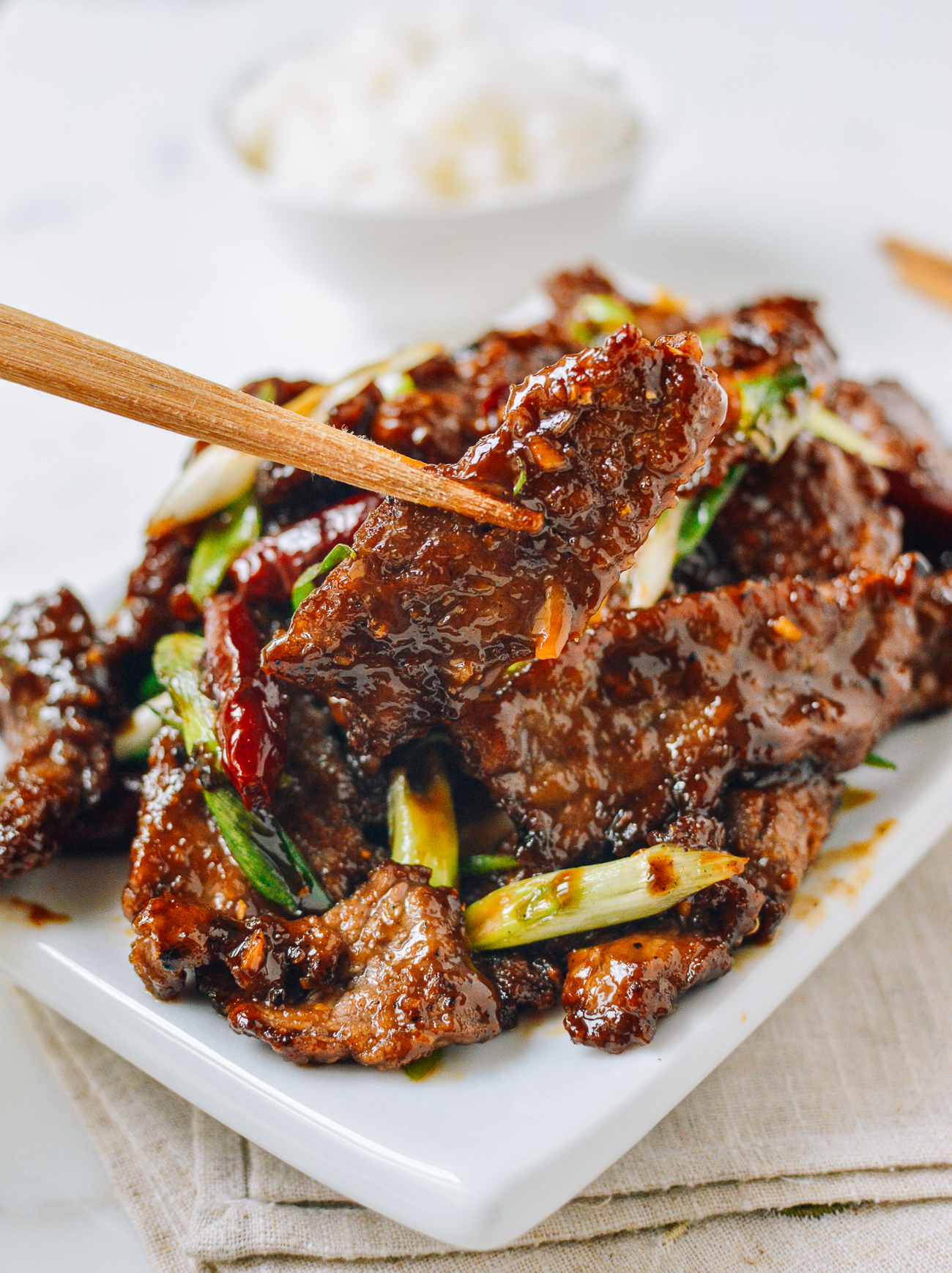Just How to Select Top Quality Meat for each Type of Meal You Prepare
Just How to Select Top Quality Meat for each Type of Meal You Prepare
Blog Article
From Farm to Table: Fresh and Costs Meat Choices
The journey of meat from farm to table envelops a complex interaction of top quality, ethics, and sustainability. With an enhancing emphasis on fresh and superior choices, customers are now extra inclined to think about the origins of their food, leading to a restored focus on lasting farming methods and pet welfare criteria. This change not just improves the dietary account of meat however also supports neighborhood economic climates. The effects of these options extend far past personal wellness and regional farming. What does this mean for the future of food systems and customer habits?
Understanding Meat Sourcing
As consumers become progressively knowledgeable about the beginnings of their food, understanding meat sourcing has gained critical relevance. Meat sourcing involves tracing the trip of meat from farm to table, encompassing different variables such as farming techniques, pet well-being, and environmental influence. This understanding encourages consumers to make informed options that straighten with their worths, particularly relating to sustainability and moral considerations.
The sourcing of meat can vary dramatically based on multiple standards, including the type of livestock, farming methods, and geographical area. Grass-fed beef typically comes from pasture-based systems that promote animal welfare and lower environmental deterioration. Alternatively, standard meat may include intensive farming methods that increase problems regarding antibiotic usage and environment devastation.
Moreover, traceability plays an important function in meat sourcing. Recognizing the certain ranch or area where the meat originates assists customers make certain top quality and security. Several customers currently seek accreditations or labels that show gentle treatment and sustainable techniques, mirroring an expanding demand for transparency in the food supply chain. Ultimately, comprehending meat sourcing not just enhances consumer choice yet additionally fosters liable consumption and supports ethical farming techniques.
Advantages of Fresh Meat
Picking fresh meat supplies many benefits that prolong past flavor and appearance. Fresh meat commonly maintains higher dietary value contrasted to its icy or refined equivalents. It is frequently richer in important minerals and vitamins, such as B vitamins, iron, and zinc, which are important for preserving overall wellness.
In addition, the sourcing of fresh meat often entails much shorter supply chains, lowering the time in between farm and table. This indicates that the meat is much less likely to lose its nutritional stability during transport and storage space. In addition, customers can experience enhanced taste and juiciness, which can raise culinary experiences.
Fresh meat likewise supplies an opportunity for customers to support neighborhood farmers and advertise sustainable agricultural techniques. When purchasing from local sources, individuals can add to their regional economic situation and foster a higher link to the food they consume.
Last but not least, fresh meat is generally devoid of the preservatives and additives generally discovered in processed alternatives. This makes it a cleaner, healthier option for those wanting to reduce their intake of fabricated ingredients. In general, the advantages of choosing fresh meat include health, preference, and a sense of neighborhood engagement.
Pet Welfare Requirements
Ensuring high animal well-being standards is important for both moral considerations and the quality of meat products. The therapy of livestock straight affects not just the moral effects of meat manufacturing but also the overall high quality and security of the end items. Pets increased in gentle problems are their explanation much less worried, bring about much healthier animals and, consequently, exceptional meat high quality.
Laws and accreditations worrying pet welfare have actually become significantly significant in the meat industry. These frameworks make sure animals are supplied with sufficient space, correct nourishment, and humane handling throughout their lives. Practices such as pasture-raised systems and free-range settings add to better animal well-being by allowing animals to show natural actions, which is vital for their health.
Moreover, customers are ending up being a lot more critical pertaining to the resources of their meat, resulting in an expanding need for products that stick to stringent animal welfare standards. This shift not only advertises ethical farming techniques but also motivates producers to embrace measures that improve the health and well-being of their animals. Meat. Eventually, focusing on pet welfare is not just a moral imperative; it is also a path to creating premium-quality meat that meets consumer expectations

Sustainable Farming Practices
Sustainable farming methods play a vital function in boosting both animal well-being and the quality of meat products. These practices stress the relevance of ecological stewardship, ethical treatment of animals, and resource efficiency. By carrying out rotational grazing, farmers can promote healthy pasture communities, allowing animals to eat nutrient-rich lawns while avoiding overgrazing. This method not only sustains animal health but also improves the dirt, minimizing the need for artificial fertilizers.
Furthermore, lasting farming usually incorporates incorporated bug management and organic feed alternatives, decreasing using harmful chemicals. This approach not just safeguards animal health however additionally causes cleaner, much safer meat items for consumers. Water preservation strategies, such as rain harvesting and efficient irrigation systems, additionally add to sustainable methods, making sure that resources are utilized judiciously.
Furthermore, cultivating biodiversity with click here for more info polyculture systems and preserving environments for wild animals enhances the resilience of farming ecological communities. By focusing on these lasting methods, farmers can produce premium meat that meets customer need while promoting ecological balance. Inevitably, accepting sustainable farming techniques is vital for producing an extra accountable and resistant food system that benefits animals, farmers, and consumers alike.
Finding Top Quality Over Quantity
Often, customers are encountered with the issue of picking in between quantity and top quality when it pertains to meat products. While purchasing larger quantities may appear economically useful, the long-term advantages of picking top notch meat far surpass the prompt financial savings. Quality meat is typically sourced from pets raised in lasting environments, where they are offered proper nutrition and treatment, leading to superior flavor and nutritional worth.
Top quality meats are usually without hazardous additives, hormonal agents, and antibiotics that are often existing in mass-produced options (Meat). This not only ensures a much healthier eating experience however likewise sustains ethical farming techniques that focus on pet welfare. Additionally, costs meats tend to have a much better texture and taste, improving the total cooking experience
Purchasing high quality meat motivates consumers to value smaller sized portions, permitting a much more conscious method to eating. This change not only impacts personal wellness favorably however also promotes lasting usage patterns that can benefit the atmosphere. In verdict, prioritizing top quality over quantity when selecting meat products fosters Read Full Article a much more responsible and health-conscious way of life, eventually improving both the dining experience and the planet.
Final Thought

Report this page